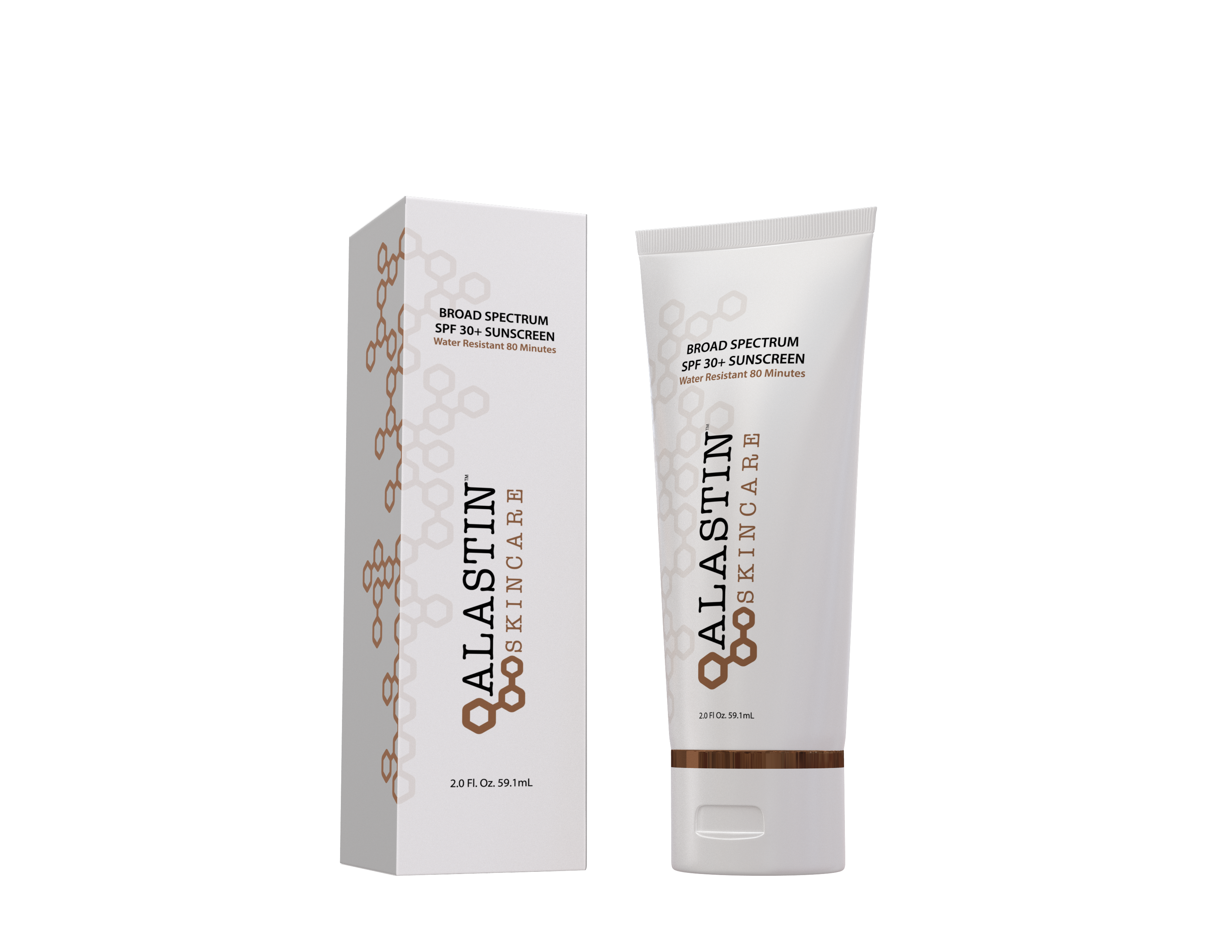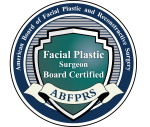Hyperpigmentation occurs when our skin produces more melanin, which is the pigment that gives our skin its color. It is a common skin condition which can affect people of all skin types, however, Asian, Latin, and Mediterranean skin tones seem more prone to the condition
Causes of Hyperpigmentation
There are several conditions which are known to increased the body’s production of melanin. These conditions include:
- Excessive sun exposure
- Hormonal changes during pregnancy or with birth control use
- Skin inflammation
- Endocrine diseases such as Addison’s disease
- Medications such as antibiotics, hormone treatments, anti-seizure medications
Types of Hyperpigmentation
Hyperpigmentation can come in several forms. The most common forms are:
- Age spots (liver spots, solar lentigines)-often appear in older individuals in sun exposed areas or in younger patients after prolonger sun exposure
- Melasma ("the mask of pregnancy”)-caused by hormonal changes frequently seen in pregnancy. Results in splotchy areas of darker skin on the forehead, face, and/or stomach
- Post-inflammatory Hyperpigmentation-occurs following an inflammatory skin condition such as acne, eczema, and/or aggressive skin treatments
Treatment of Hyperpigmentation
There is no cure for hyperpigmentation because the condition can be reactivated with significant exposure to the sun. However, there are a range of treatment methods which manage and control the condition by lighten the discoloration and improving the appearance of the skin.
Depending upon the patients unique needs and goals of care Dr. Boeckmann may recommend one of the following treatments:
Hyperpigmentation Topical Creams
A number of topicals are available which reduce the melanin production and improve the appearance of the skin.
- Azelaic acid
- Corticosteriods
- Hydroquinone
- Kojic acid
- Retinoids, like tretinoin
- Vitamin C
Hyperpigmentation Cosmetic Procedures
There are many cosmetic treatments available which lighten the skin and reduce the appearance of hyperpigmentation including:
- Laser resurfacing
- IPL (photofacials)
- Chemical Peels
- Microneedling
Regardless of treatment, the use of a broad spectrum sunscreen with SPF 30-50 is recommended to control pigment activity when in the sun.
Sunscreen Essentials
-Always Use SPF 30-50
-Broad Spectrum Sunscreen with Zinc or Titanium Dioxide concentration (>4%) to adequately protect the skin from aging
-Reapply every 30-45 minutes when in the water and every 2-3 hours when outside in direct sunlight

To learn more about hyperpigmentation treatments in Orange County, contact the office at 949-273-3112 and schedule a consultation with Dr. Jacob Boeckmann.


